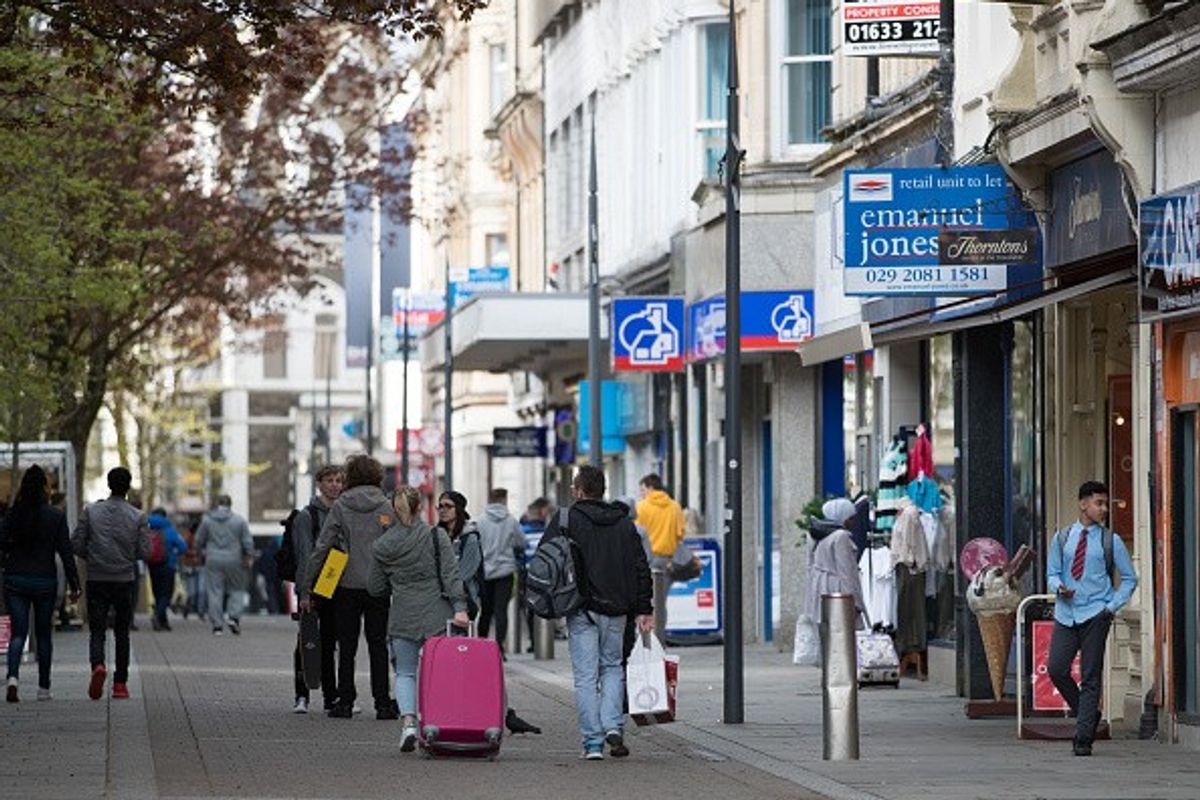Most (70 per cent) of consumers are more likely to visit the high street after online retailers introduce return fees, shows a recent survey, indicating a shift in consumer buying habits.
According to the findings from consumer insights platform Vypr, 70 per cent of shoppers say they are now more likely to visit bricks and mortar stores rather than shop online due to the added costs of returning unwanted items.
The research highlights a growing dissatisfaction with the rise of online return fees, with 47 per cent of consumers stating they would avoid purchasing from retailers that charge for returns as they don’t believe their products are unique enough. A further 27 per cent said they would stop shopping with such retailers as a matter of principle.
While online shopping continues to be a dominant force, the research signals potential cracks in its convenience. Brands like Boohoo and ASOS, which have recently introduced return charges, may be particularly vulnerable as shoppers lack strong brand loyalty.
27 per cent of consumers said they think these retailers offer similar products to their competitors, making it easier to shop around for better deals. 53 per cent of those surveyed will be buying less from ASOS after the charges were introduced and 51 per cent shop less with Boohoo.
The growing frustration with online shopping is further exacerbated by issues with sizing and quality. According to Vypr’s survey, the most common reasons consumers return online purchases are due to items being smaller than expected (26 per cent), lower quality than anticipated (17 per cent), and larger-than-expected sizing (14 per cent).
Ben Davies, founder of Vypr, commented, “The rise in return charges reflects a broader shift in consumer sentiment. As confidence in online sizing and quality inconsistencies drops, many shoppers are reconsidering where they spend their money. One in 10 consumers say they typically order multiple sizes of the same item, knowing they’ll return some.
"Retailers must do more to improve size guides and product descriptions to help shoppers make better-informed decisions from the outset.
"As online shopping becomes more expensive and less distinct, it’s possible we could be witnessing a return to high street shopping — not only as a more reliable option but also as a more sustainable one, given the reduced packaging waste compared to online purchases.”
The research also reveals growing support for independent retailers, with 60 per cent of consumers now preferring to shop with smaller, independent brands over larger, fast-fashion retailers. Additionally, 64 per cent of respondents reported receiving better customer service from independents, compared to the experience with major online retailers.


